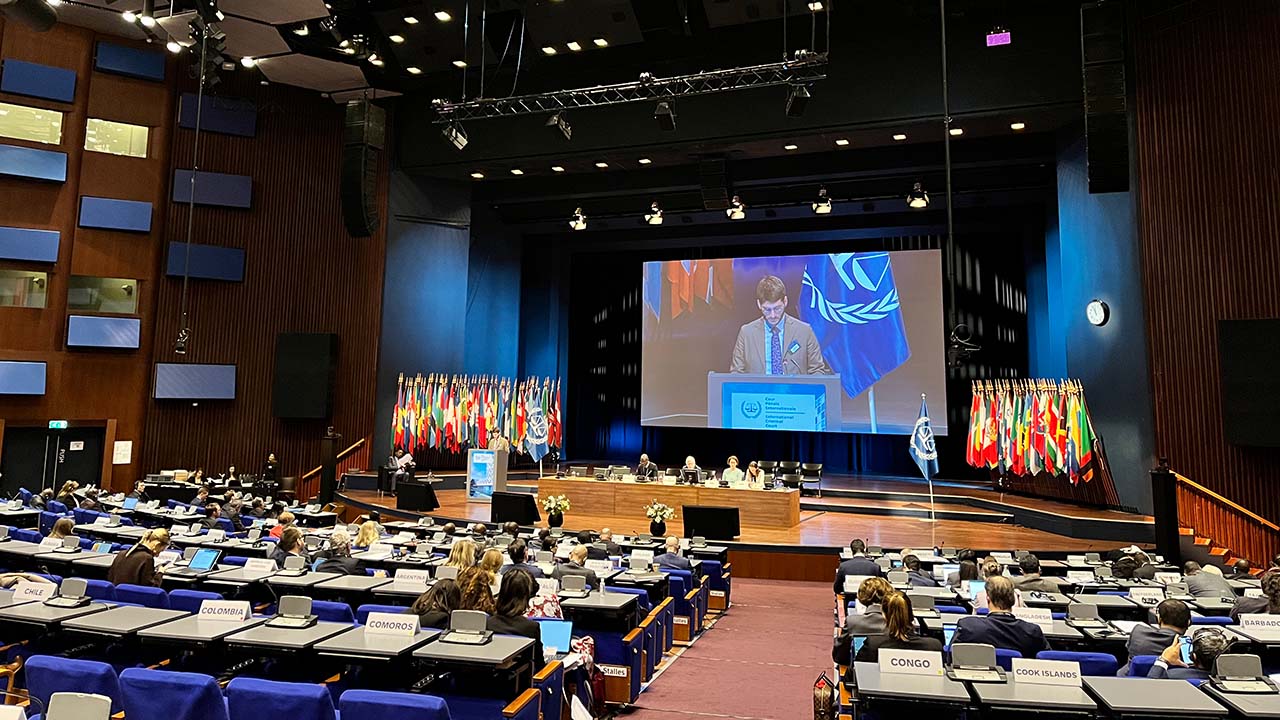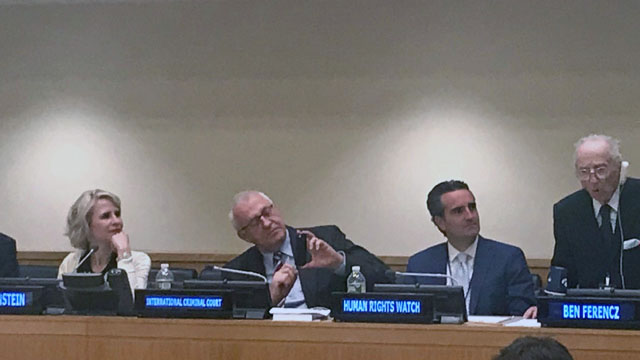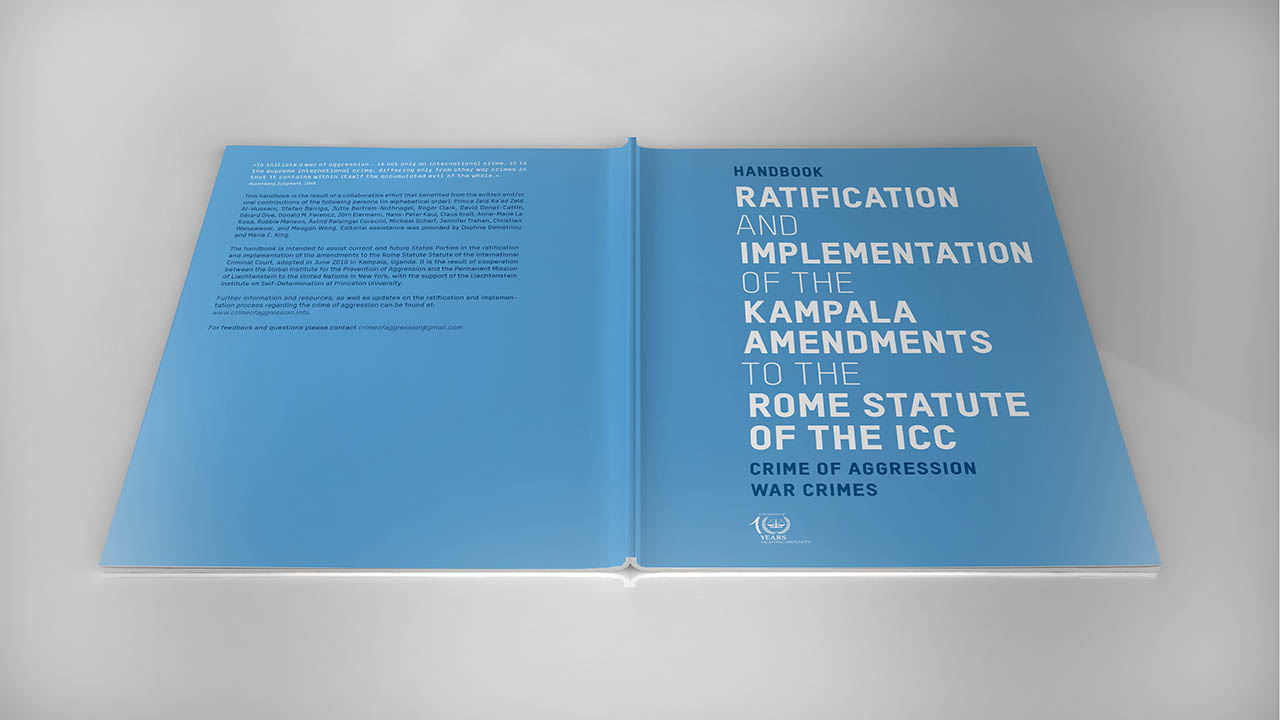Belgium signed the Rome Statute on 10 September 1998. It ratified the Rome Statute on 28 June 2000.
***46th PGA Annual Forum and 4th Consultative Assembly of Parliamentarians for the Oceans, 26 - 27 March 2026, Mexico City. *** REGISTER HERE
|
|
|
|
|
|
|
125 countries are States Parties to the Rome Statute of the International Criminal Court. Of these, 33 are African States, 19 are Asia-Pacific States, 20 are from Eastern Europe, 28 are from Latin American and Caribbean States, and 25 are from Western European and other States. |

PGA organized two critical side events on 8 December, which provided concrete reflections on serious issues faced by the Rome Statute system. Both events gathered high-level participation from the ICC and States representatives, as well as other civil society organizations.

Chairs of the Foreign Affairs Committees of the parliaments of Belgium, Czech Republic, Estonia, Ireland, Latvia, Lithuania, Luxembourg, Netherlands, Poland, Romania Slovenia, Ukraine, and the United Kingdom call for the creation of an International Crimi

The initiative was launched to strengthen international procedural legal framework for mutual legal assistance and extradition for the most serious international crimes.

PGA co-sponsored a high-level ministerial event at the UN to celebrate the 20th anniversary of the Rome Statute, International Justice Day, and the entry into force of the Court’s jurisdiction over the crime of aggression.

News broke today that the Government of South Africa has notified the United Nations Secretary General of its intention to withdraw from the Rome Statute of the International Criminal Court (ICC).

(joint meeting of the PGA EP Group and the EP Group of the “Friends of the ICC”), organized by MEP. Barbara Lochbihler, PGA member, European Parliament, Brussels, Belgium

Parliamentarians celebrate Belgium ratification of the Kampala Amendments to the Crime of Aggression

Meeting Organized by Helmut Scholz (Chairperson, PGA Group in the European Parliament / member of the EP Friends of the ICC)